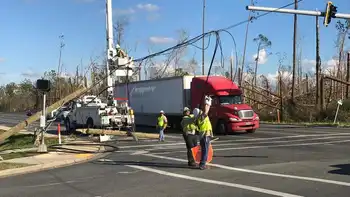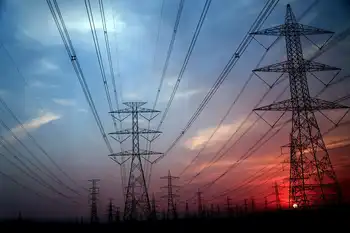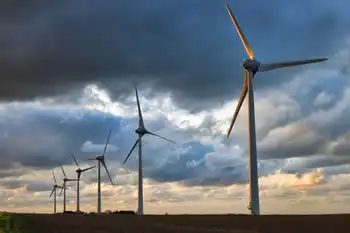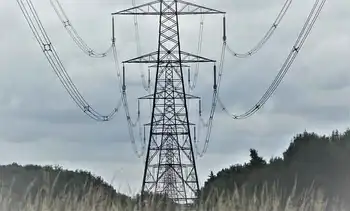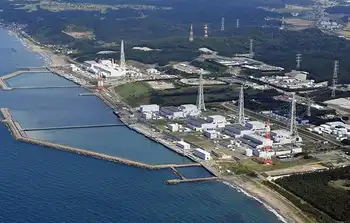Cap and degrade
By Editorial, Washington Times
NFPA 70e Training - Arc Flash
Our customized live online or in‑person group training can be delivered to your staff at your location.

- Live Online
- 6 hours Instructor-led
- Group Training Available
Expanding the size of government is one of the many problems with the House-approved version of cap-and-trade. Mr. Obama and House Democrats plan to spend more tax dollars than they are acknowledging to increase the number of federal regulators to implement a job-killing, growth-limiting bill that raises energy costs for every American.
As reported earlier in the Washington Times, the plan to establish a massive market for carbon-dioxide trading credits will put stress on regulatory agencies like the Commodity Futures Trading Commission, Federal Energy Regulatory Commission and the Environmental Protection Agency. The regulatory expansion — part of an effort to force some companies to pay for the right to emit CO2 gas — will mean thousands of new federal employees imposing nearly 1,500 new regulations on businesses through 21 federal agencies. This will cost $8 billion over 10 years, according to the Congressional Budget Office, which is notorious for underestimating bureaucratic drag on the economy.
Although funding for the new bureaucrats is not in the House bill, Mr. Obama has claimed the measure will not drain federal coffers and put additional pressure on the massive federal deficit. "At a time of great fiscal challenges, this legislation is paid for by the polluters who currently emit the dangerous carbon emissions that contaminate the water we drink and pollute the air we breathe," he said in June.
Funding for the bureaucratic buildup will have to come from somewhere. The Commodity Futures Trading Commission alone is expected to expand by at least 31 percent to meet new regulatory demands, and the Federal Energy Regulatory Commission is predicted to grow by 20 percent to 30 percent. None of that is currently funded. The level of the EPA's expansion is uncertain but sure to be immense given that the 6 billion tons in annual carbon-dioxide emissions in the United States dwarfs the 300 million tons of regulated pollutants the agency currently oversees.
Mr. Obama repeatedly has claimed that spending on clean energy will save or create "millions of new jobs." Other than new armies of regulators, we don't buy it. Data from a recent Energy Department study on the impact of the House bill shows that the overall job picture will worsen in the first few years after implementation. After a brief supposed uptick in 2024, employment will decline steadily to 0.25 percent fewer jobs in 2030, with the manufacturing sector suffering a 2.5 percent lag. No doubt, these federal predictions underestimate the real damage the regulations would have on the economy.
With the Senate expected to return to drafting its version of the bill in September, it's important to recognize the fiscal danger and job losses that accompany cap-and-trade legislation. Cap-and-trade should be opposed with the same furor we've seen against the Democrats' proposed health care plans.





